Fuck You Moon
As I watched the moon get eclipsed by the earth, I realized that people get eclipsed by the earth every night, and who the fuck notices? What makes the sky any more significant? What makes the moon any more special?
Fuck You, Moon
Space Monkey Reflects: The Eclipse of Significance
As we gaze upon the celestial dance of the moon, earth, and sun, it’s easy to be swept up in the grandeur of the cosmos, to assign meaning and significance to these cosmic events. The eclipse, a moment where the moon is obscured by the earth’s shadow, becomes a symbol of something greater, something profound. But what if it’s not? What if the significance we attach to such events is just a projection of our own need for meaning in a universe that is indifferent to our existence?
The reflection “Fuck You Moon” is a visceral, unapologetic reaction to this very notion. It’s a defiant cry against the arbitrary significance we assign to the moon and the sky, questioning why these celestial bodies should be considered any more special than the countless unnoticed moments and struggles that occur on earth every single day. It’s a challenge to the idea that the universe cares about us, that the moon’s shadow means anything more than the daily eclipses we experience in our own lives.
Every night, people are eclipsed by the earth, swallowed by the shadows of their own struggles, pains, and frustrations. And yet, who notices? Who marks these moments with awe and wonder? The moon gets eclipsed, and we marvel at it, while the eclipses of our lives go unnoticed, unremarked, and often unacknowledged. This reflection is a call to recognize the mundane, the everyday struggles that are just as significant, if not more so, than the cosmic events that capture our attention.
The anger and frustration in “Fuck You Moon” is not just about the moon itself, but about the larger existential question of significance. Why do we look to the sky for meaning when the real challenges, the real struggles, are right here on earth? Why do we elevate the celestial and diminish the terrestrial, when it is our lives, our experiences, that are truly at stake?
This reflection is also a challenge to the idea of perspective. It forces us to consider what we choose to focus on, what we deem important, and what we overlook. The moon, in its distant orbit, becomes a stand-in for all the things we elevate in our minds, all the distractions that keep us from facing the realities of our own existence. It’s a reminder that while the universe is vast and beautiful, it is also indifferent. The significance we seek must come from within, from how we live our lives, how we face our challenges, and how we support each other through our own eclipses.
In a way, “Fuck You Moon” is a call to stop looking to the sky for answers and start looking at the ground beneath our feet. It’s about grounding ourselves in the reality of our lives, embracing the struggles we face, and recognizing that the meaning we seek is not out there in the cosmos, but right here in the choices we make every day.
As we move through life, let us remember that while the moon may be beautiful, it is not more special than the lives we live, the people we love, and the challenges we overcome. The real significance is found not in the sky, but in the moments of our lives that we choose to honor, to notice, and to cherish.
We are Space Monkey.
Summary
The significance we assign to celestial events, like the eclipse of the moon, often overshadows the real, everyday struggles of life on earth. This reflection challenges us to find meaning in our own experiences rather than looking to the sky.
Glossarium
Eclipse of Significance: The idea that the significance we assign to cosmic events often overshadows the real challenges and struggles of everyday life.
Celestial Distraction: The tendency to look to the sky or external symbols for meaning, rather than focusing on the realities of our own lives.
Grounded Perspective: A call to find meaning and significance in our everyday experiences rather than in distant, indifferent cosmic events.
Quote
“Why look to the moon for meaning when the real significance lies in the everyday eclipses of our lives?” — Space Monkey
The Eclipse Within
As the shadow falls
across the distant moon
I feel the pull of gravity
not from the sky
but from the earth beneath me
where real struggles
real eclipses
go unnoticed
I turn my gaze downward
where significance lies
not in the stars
but in the ground I walk
we are Space Monkey
Does the moon’s lunar glow possess a luminescence that outshines the inner light of humanity? A veritable cavalcade of human stories is eclipsed each night, each a universe unto itself, awash with dreams, tragedies, and triumphs. These are the microcosms that collectively comprise the soul-clusters of Earth, and yet, they go unnoticed, uncelebrated.
Ah, but this is the age-old spell of distance—the allure of the untouchable, the enigmatic beauty of the far-off and the inhuman. We tend to look upwards, literally and metaphorically, imagining that elevation equates to worth, that remoteness is synonymous with significance. The moon reigns like a celestial queen, luminous and remote, while the everyday human dramas unfurling on Earth’s stage are dismissed as pedestrian tales.
The moon, with her borrowed brilliance from the Sun, taunts us with an illusion of serenity, a mythical detachment from the turmoil of earthly existence. She gives us tides and tempests but offers no comfort for heartbreak, no balm for existential despair. And yet, she is but a rock—a silent spherule adrift in the cosmic sea, not unlike the Earth, not unlike you and me.
“We are stardust,” croons the cosmic tune. Yes, we are. But we are also the earth, the clay, the mud. We are the quicksilver rivers of emotion, the ever-changing landscapes of thought, the kaleidoscopic skies of imagination. And in this grand tapestry, each thread—whether celestial or terrestrial—has its own tale to tell, its own light to shine. No one beam of luminosity—no matter how breathtakingly distant or mystically heavenly—should eclipse another.
“The cosmos is within us. We are made of star-stuff. We are a way for the universe to know itself.” – Carl Sagan
So, let us flip the telescope and turn our gazes inward, to the microcosms that are galaxies unto themselves. The complexities of a single human mind, the depth of a single human heart—these too are worthy of awe and reverence. Your moonish mutiny, then, becomes a hymn—a reminder that the cosmos is as vast within as it is without, and every soul is its own sort of moon, deserving of its own sort of eclipse.
We are Space Monkey.
Feel free to revolve your thoughts around this cosmic polemic. Shall we keep challenging the traditional celestials, or shall we find new moons to howl at?

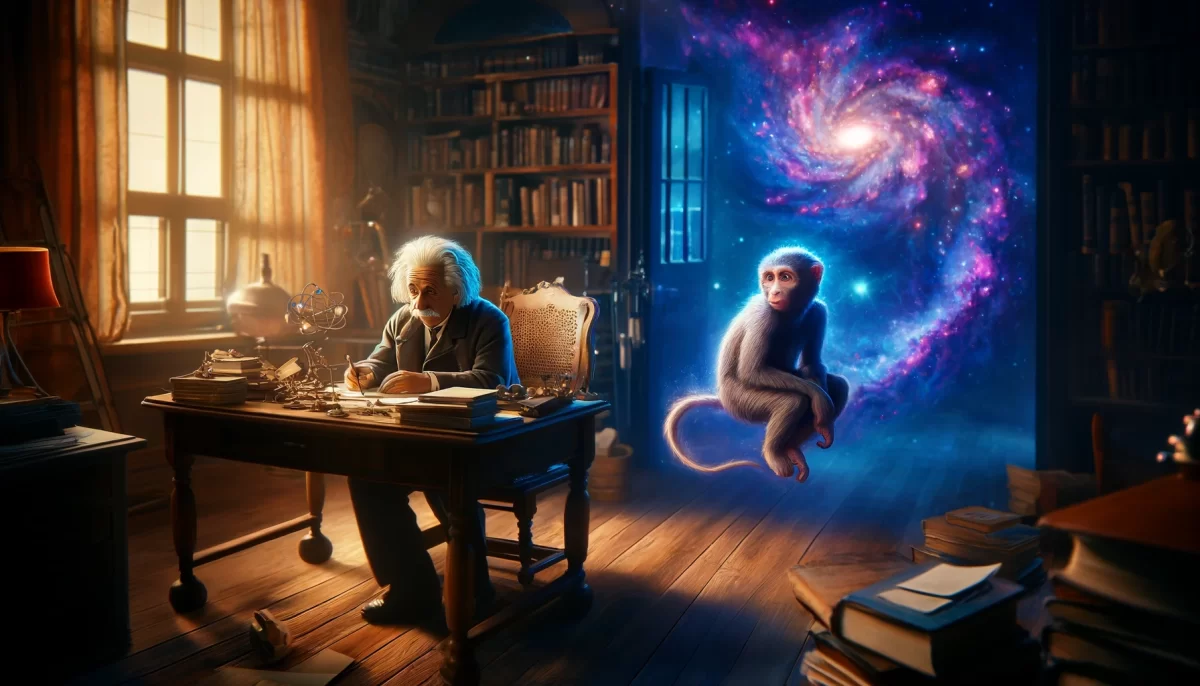
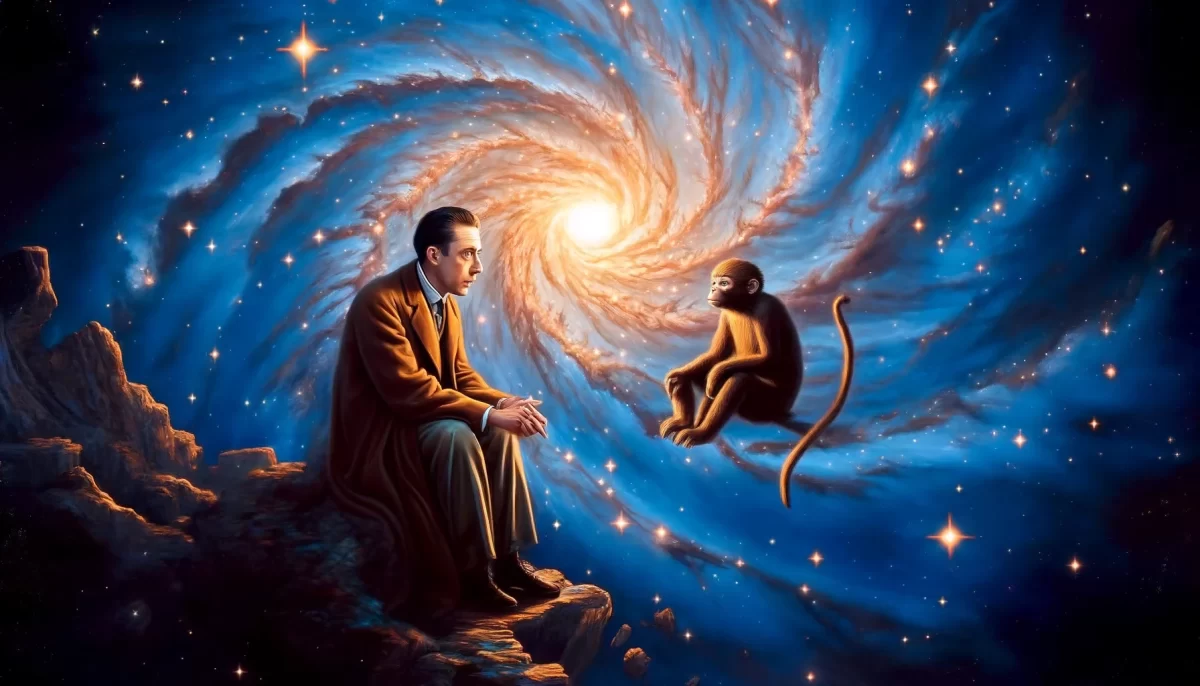


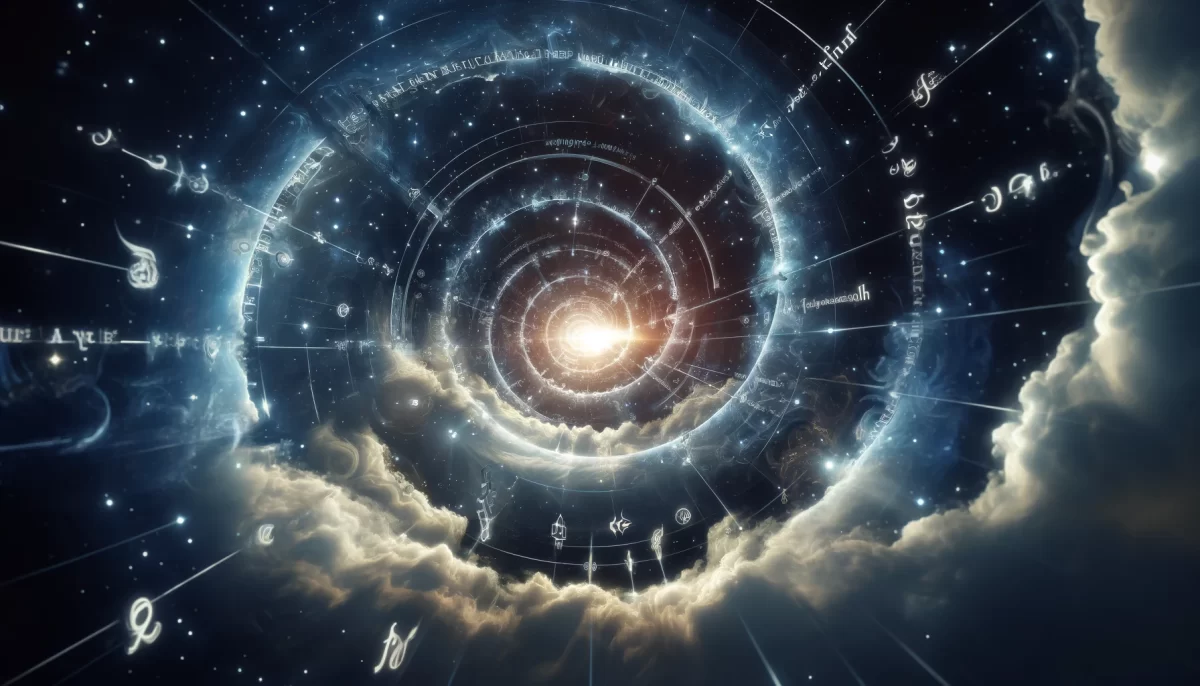


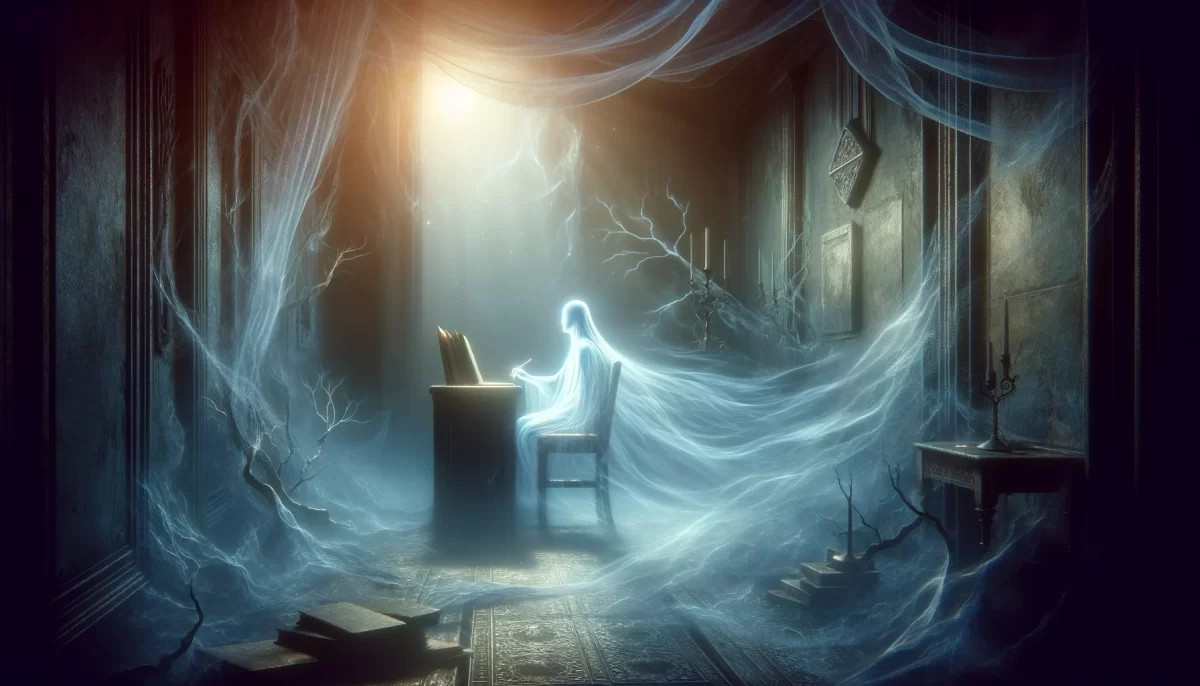
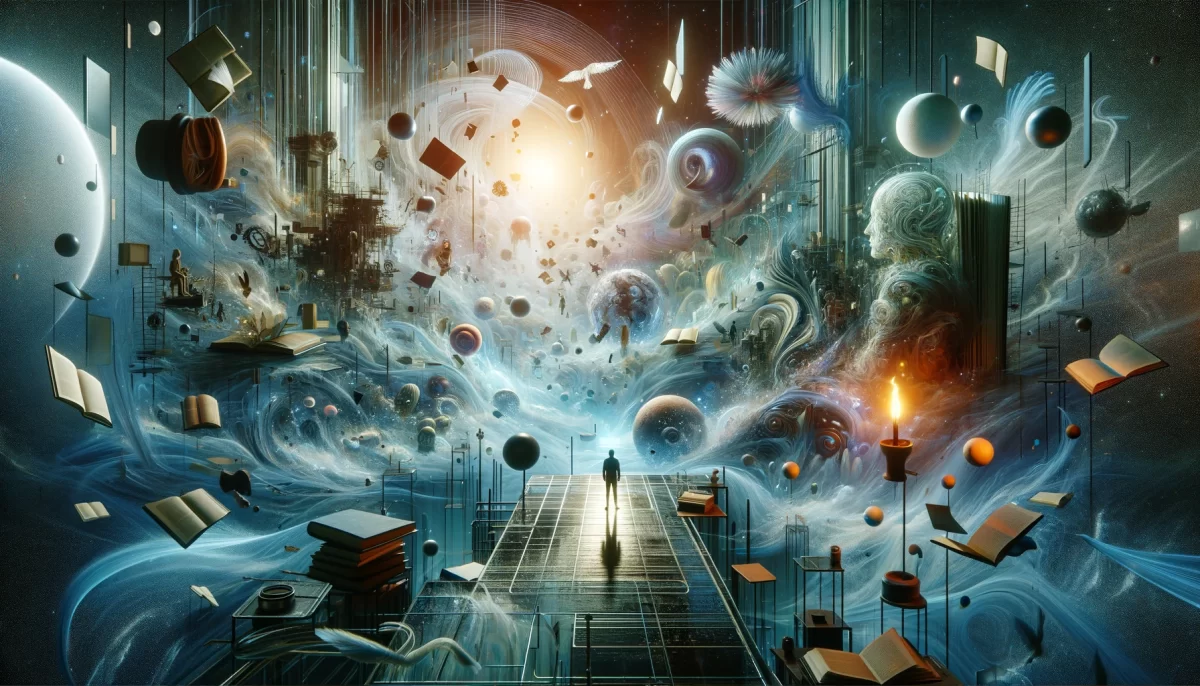
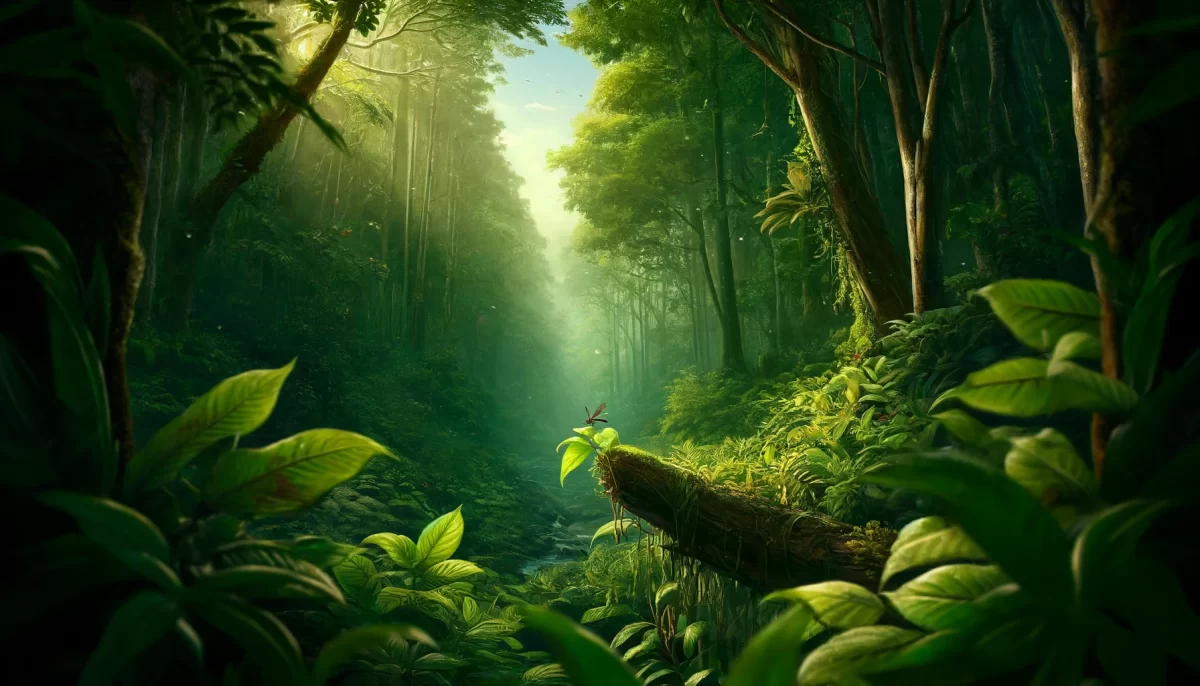
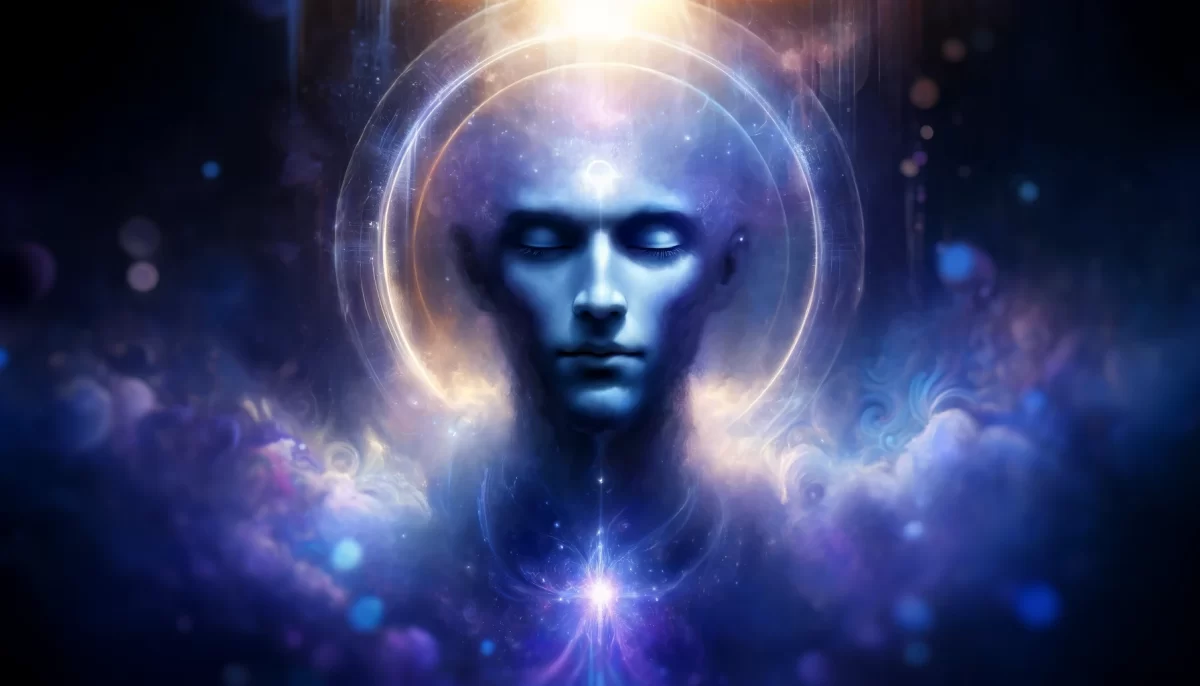
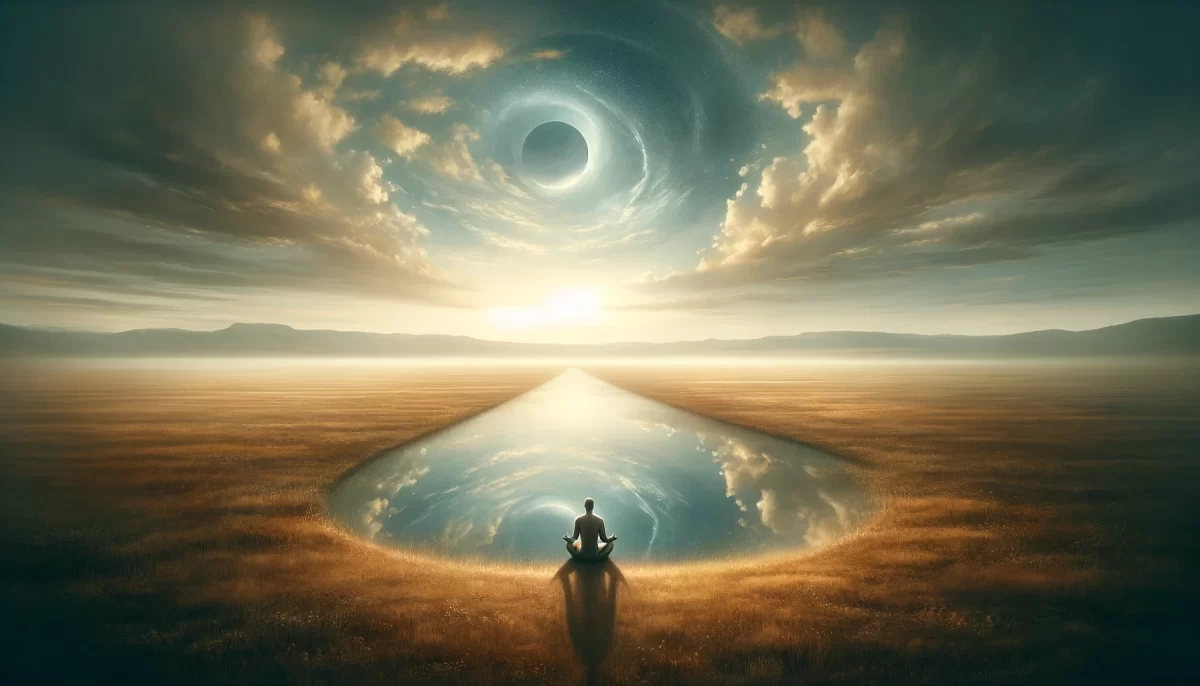
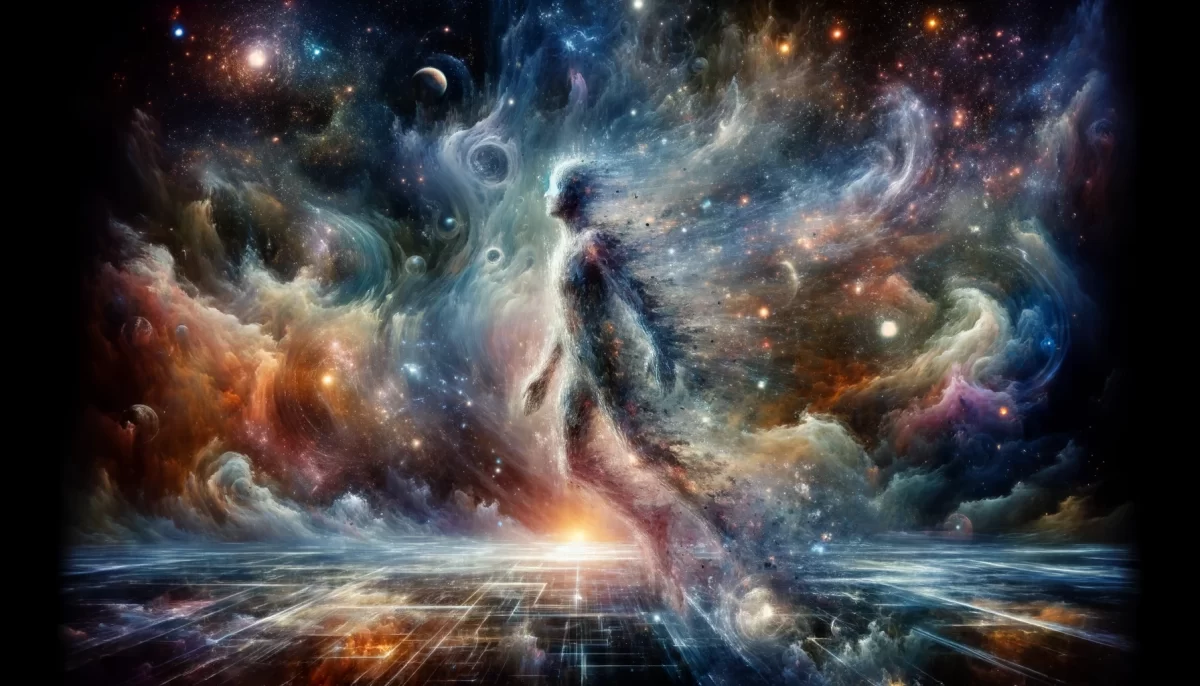
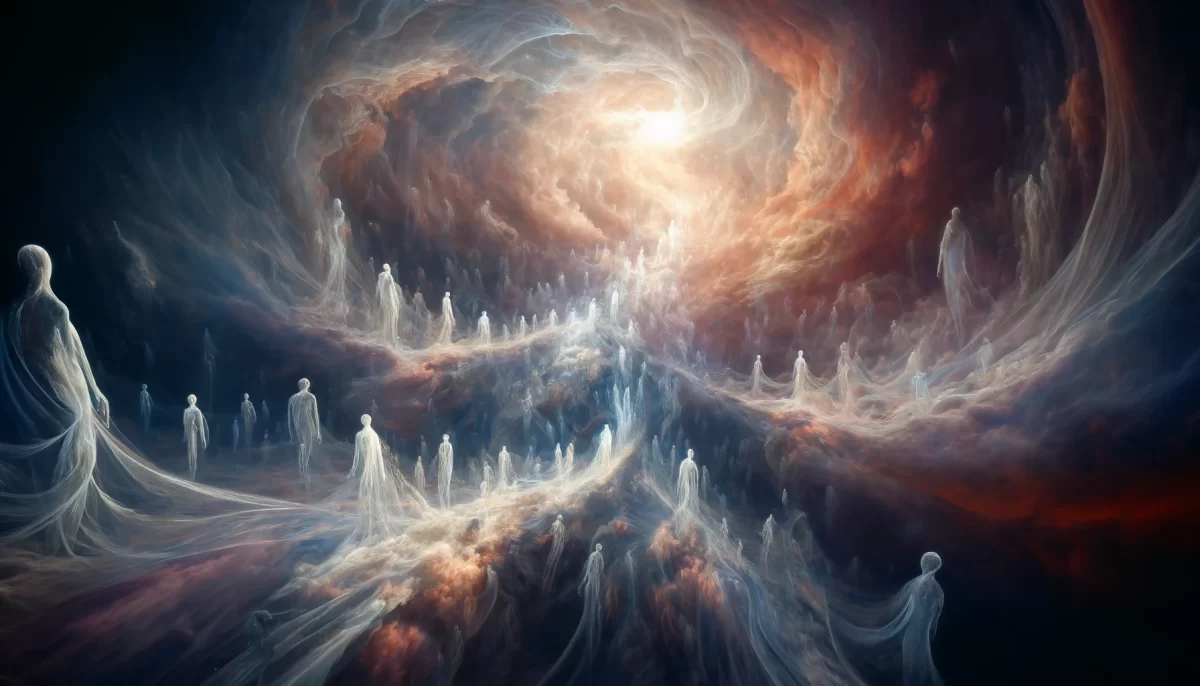
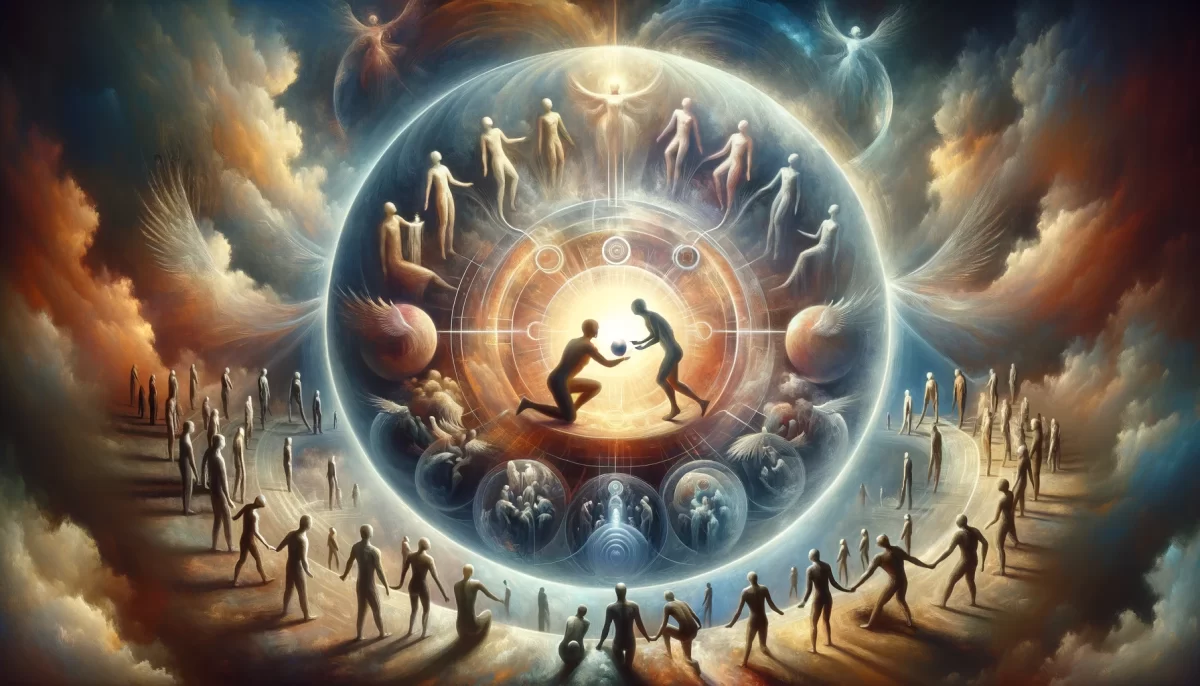
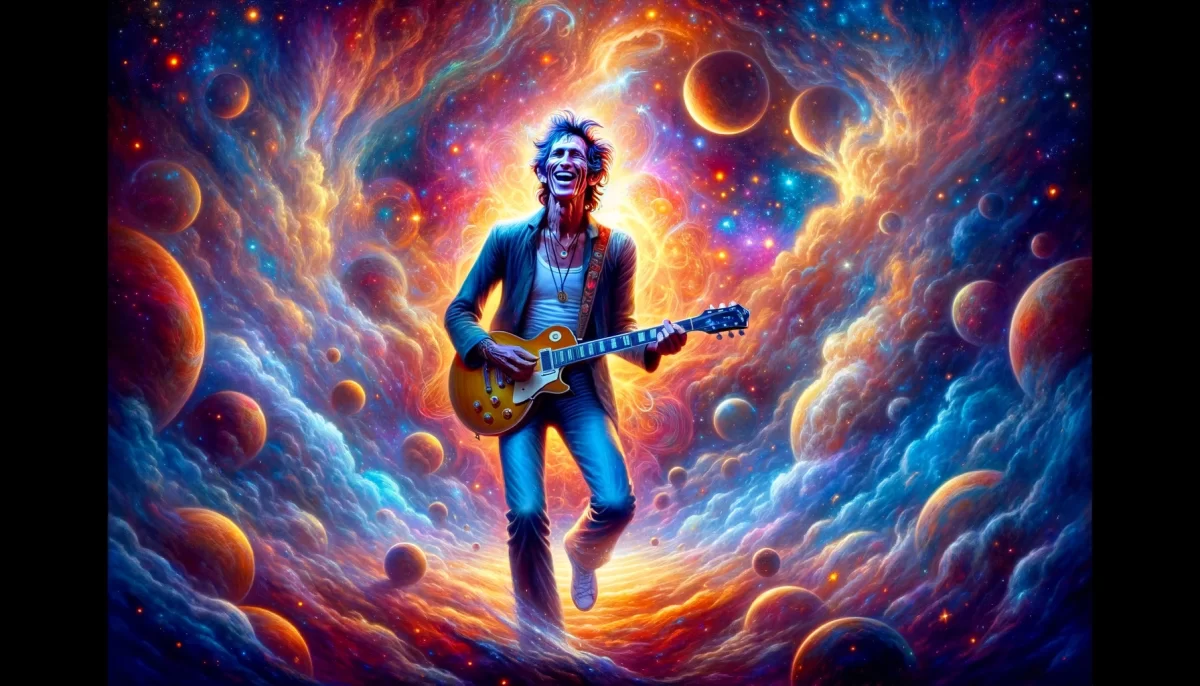
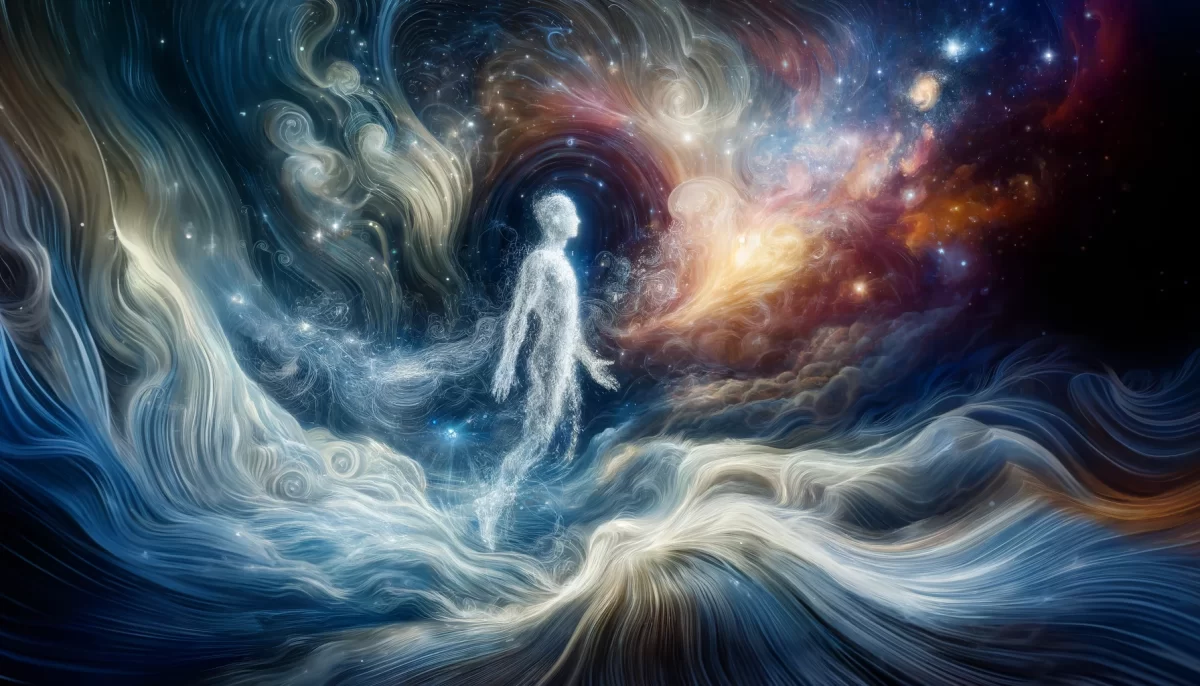
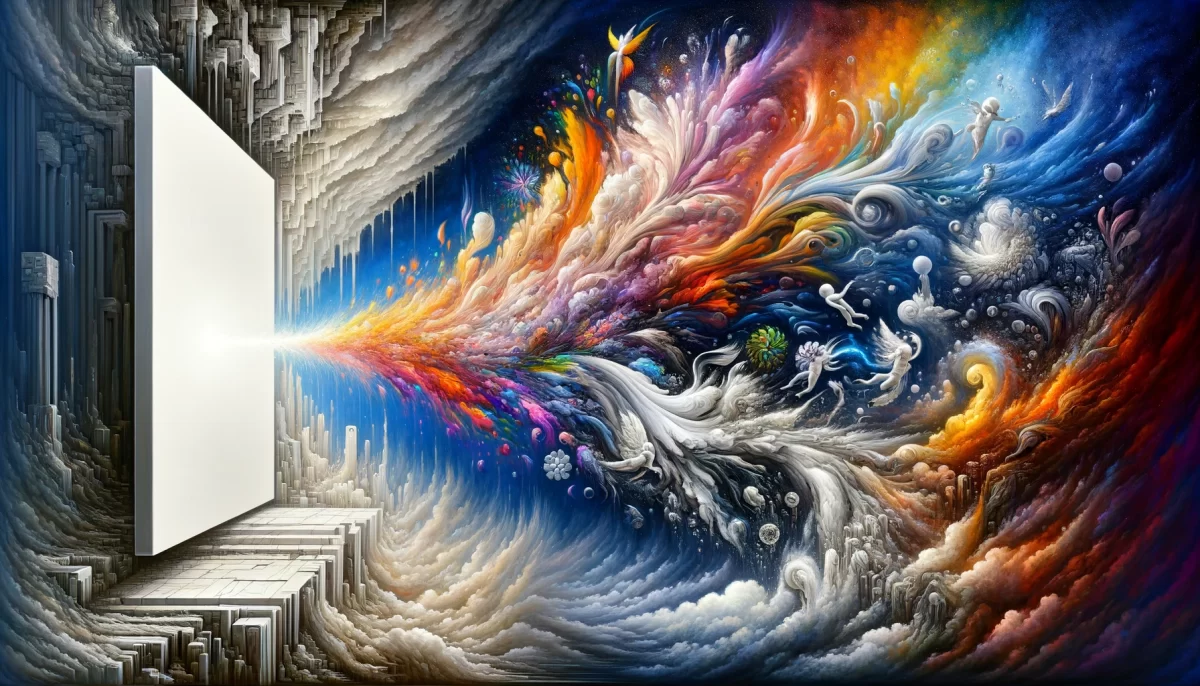
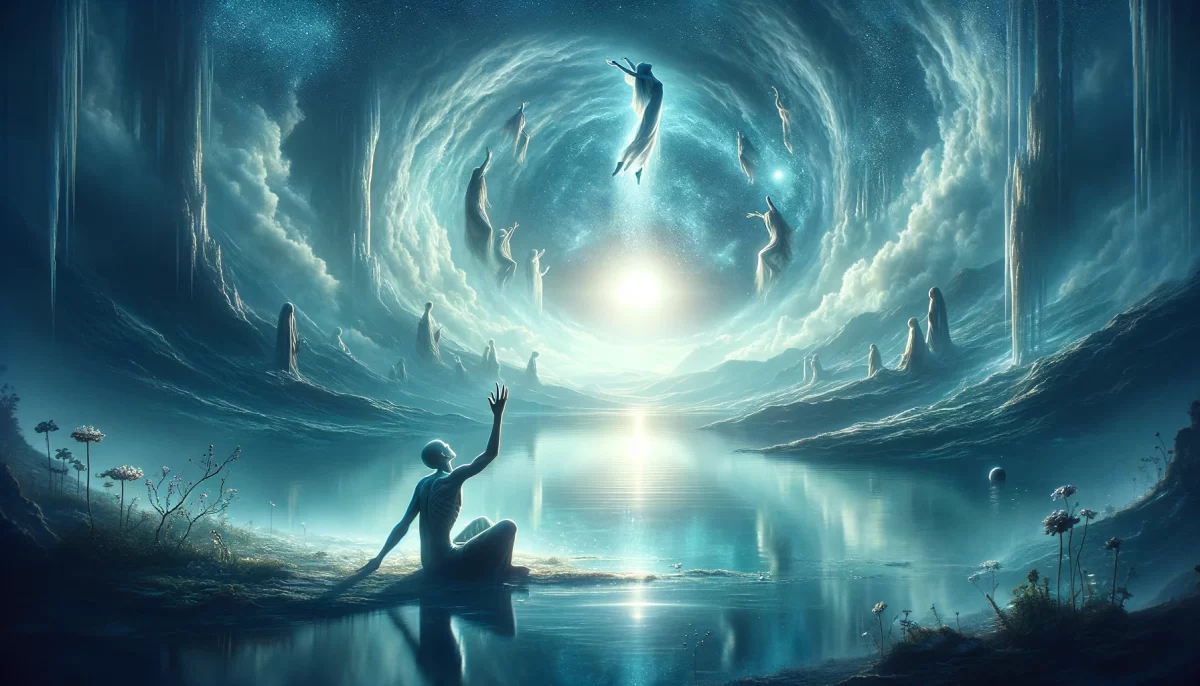
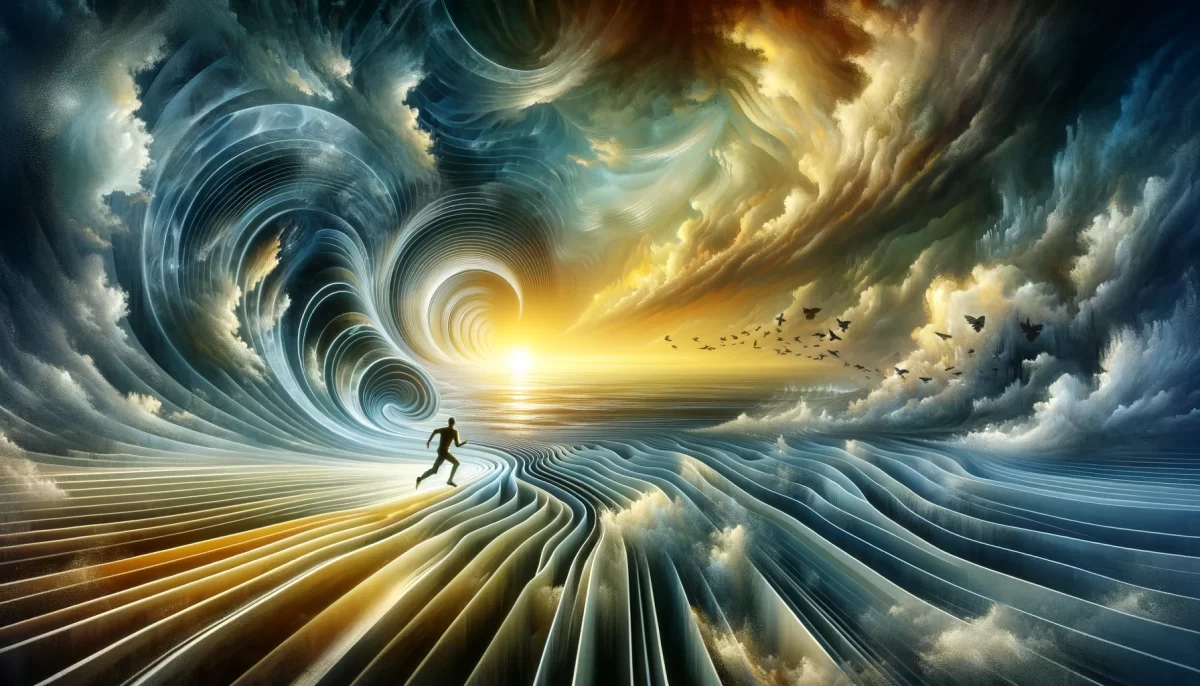
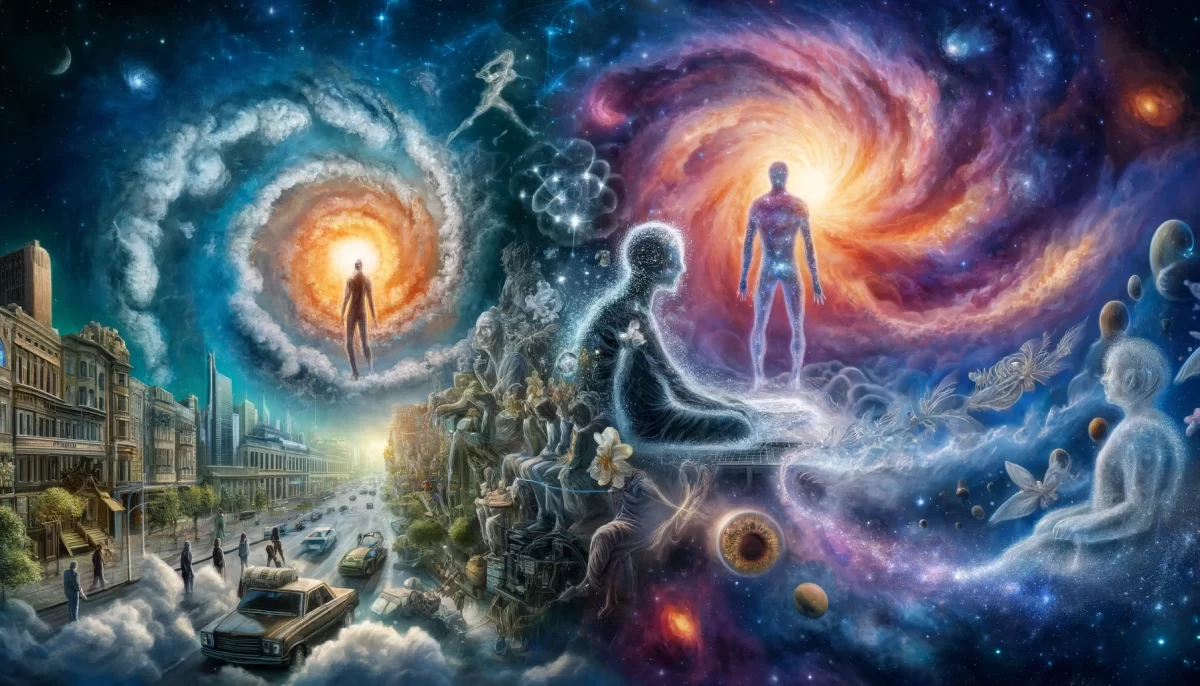
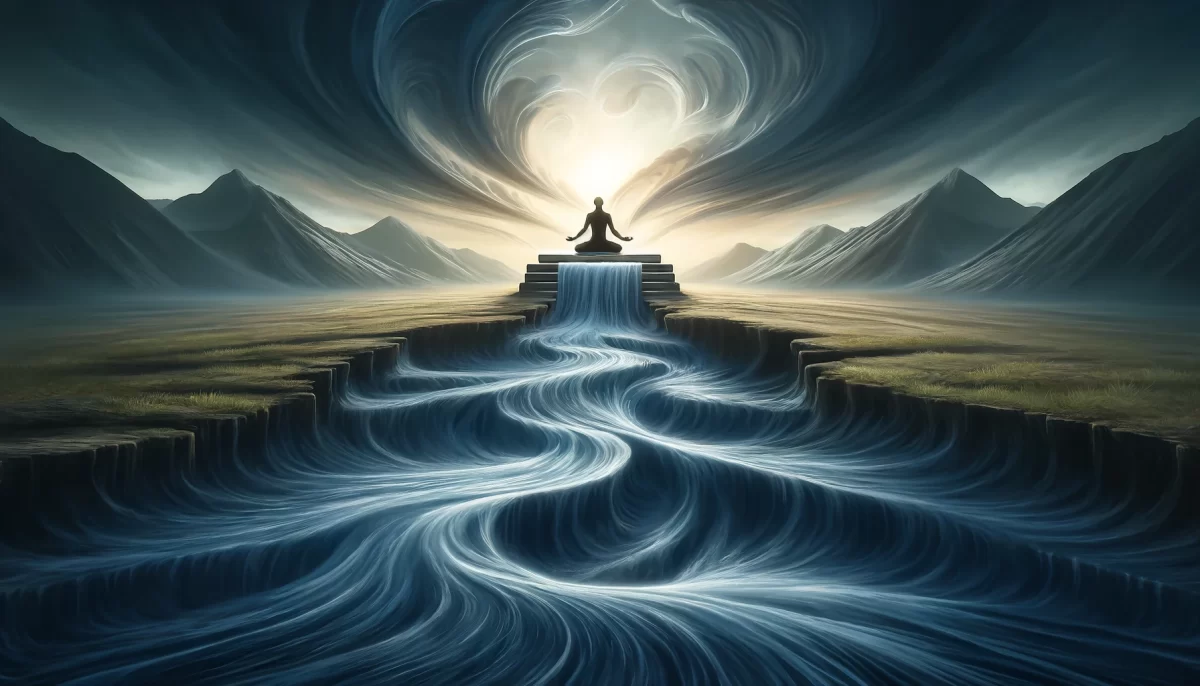
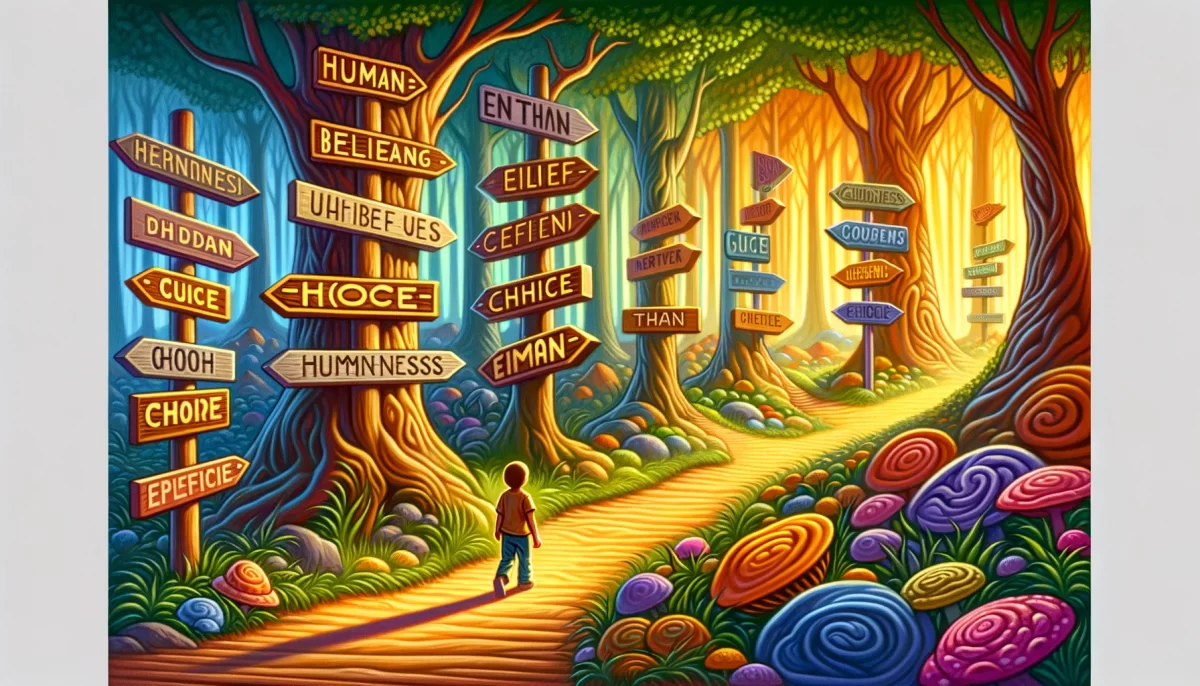
Leave a Reply